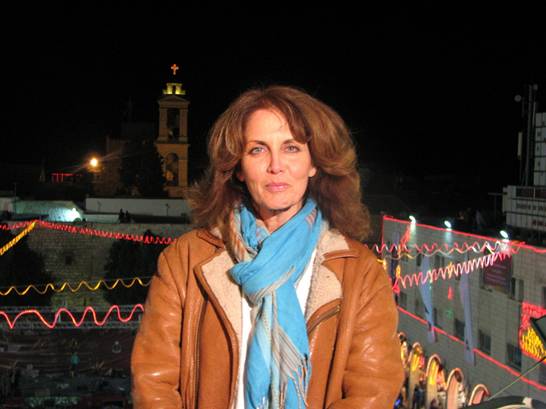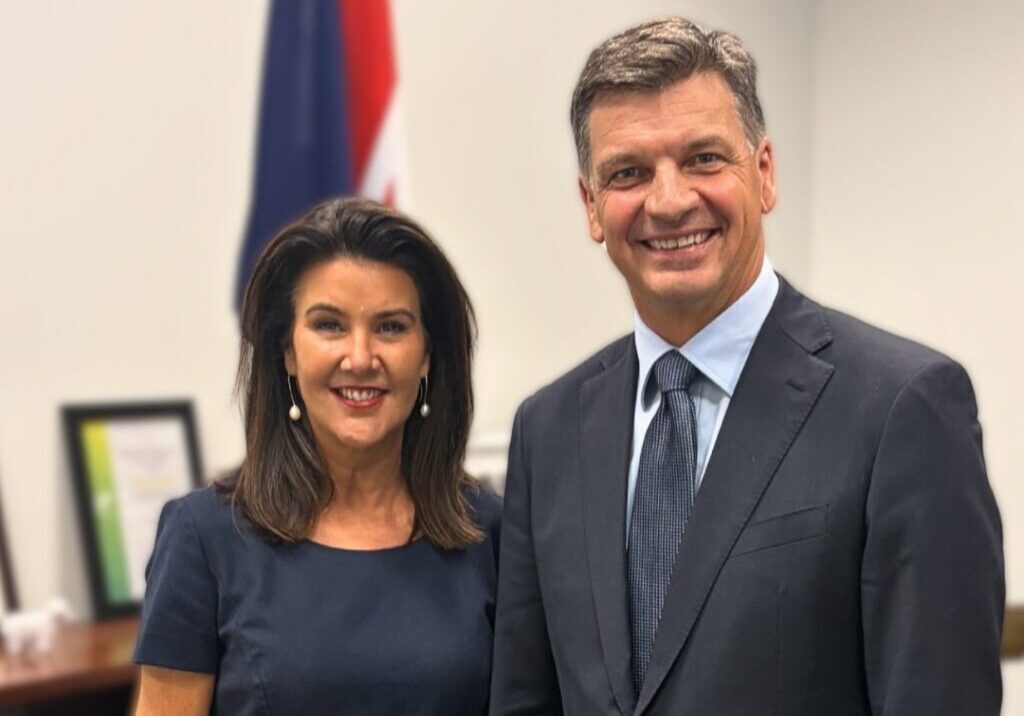Australia/Israel Review
Media Microscope: Agent of change
Sep 27, 2018 | Allon Lee

To fully appreciate the complexity of the myriad issues involved in the Trump Administration’s US$350 million funding cut to the United Nations Relief and Works Agency for Palestine Refugees in the Near East (UNRWA) reading the Australian newspaper was essential.
Washington correspondent Cameron Stewart’s news report (Australian, Sept. 1) noted that “The administration will call for a reduction in the number of recognised Palestinian refugees from five million to a tenth of that number, a move that would eliminate for many their so-called right to return to Israel.”
In the same edition, the Australian editorialised that the UNRWA cuts “go to the heart of the ‘right of return to Israel’ issue for millions of Palestinians and successive generations of descendants, who have lived for decades in countries such as Jordan, Lebanon and Syria as ‘refugees’. They have been heavily dependent on US and other Western largesse…
“The present situation is unsustainable, especially as countries such as Saudi Arabia, the UAE and Kuwait have shown little willingness to help… It makes no sense that Palestinians whose parents and grandparents left British Mandatory Palestine in 1948 should still be funded by the US and other countries.”
Even better was the Australian’s selection (Sept. 8) of freelance writer Irris Makler’s feature balancing the personal with the historical and geopolitical.
This included Makler visiting “the Am’ari refugee camp on the outskirts of Ramallah [which] houses 7500 Palestinians refugee families. Most were born there, but still regard themselves as refugees. Their UNRWA cards refer to the place their families came from inside what is now Israel… There are… four-storey apartment buildings housing schools, clinics, bakeries, and phone shops, as well as grocers and butchers. It has a settled feel. Seventy years is a long time.”
And in something of a media rarity, Makler included the mainstream Israeli point-of-view on Palestinian refugees. Israeli Major-General (Reserves) Amos Gilead explained that “the right to return is a ‘cynical plan’ to win the conflict via demographics. ‘Their [UNRWA’s] goal is not to deal with the refugees but to keep them as refugees.’”
Former Obama Administration Ambassador to Israel Dan Shapiro was quoted opposing the funding cuts but backing “dismantling” UNRWA and admitting “‘we should have done more’” to reform it.
That UNRWA stands accused of “perpetuating… conflict by maintaining the idea of the right of return” was literally the last paragraph in the Advertiser’s report (Sept. 2) on the US cuts to UNRWA. Herald Sun readers (Sept. 2) missed out on even that much context in their paper’s story.
The Age/Sun Herald story (Sept. 8) also buried the context, stating: “Israel’s government has accused the agency of continually expanding the population of refugees – and perpetuating the Israeli-Palestinian conflict – because it grants refugee status to the descendants of those displaced in the 1948 war that led to the creation of… Israel.”
ABC TV “News” (Sept. 8) ran new Middle East correspondent Eric Tlozek’s report from Gaza looking into the cut’s potential effects. The report included no spokespeople or explanations to balance the Palestinian narrative and, as is too often the case with ABC reports, Hamas – the governing authority in Gaza since 2007 – was invisible.
SBS TV “World News” (Sept. 2) ran the BBC’s Yolande Knell who said UNRWA “was set up to take care of [displaced Palestinians] and, over time, their descendants.” UNRWA’s mandate when set up was to aid and resettle Arabs and Jews displaced in the 1948 war and it was only turned into an open-ended welfare agency that would expand and perpetuate the problem years later.
In the Spectator Australia (Sept. 8), Australian Jewish News publisher Robert Magid said UNRWA “employs Hamas terrorists. Its schools…used as repositories of weapons during conflicts and bases for the delivery of missiles aimed at Israeli civilians.” He said Trump acted in response to some basic questions, including, “Why is there one definition of ‘refugee’ for Palestinians and another for the rest of humanity?… Why are they and their children and grandchildren…called Palestinian refugees?… Why are people living under their own government called Palestinian refugees? Why are Jordanian citizens called Palestinian refugees? Why are people who, with their parents and grandparents, have lived all their lives in Lebanon and Syria calling themselves Palestinian refugees? Refugees are people looking for refuge. All of these are permanently settled.”
Tags: Australia, Israel, Media/ Academia, Middle East






